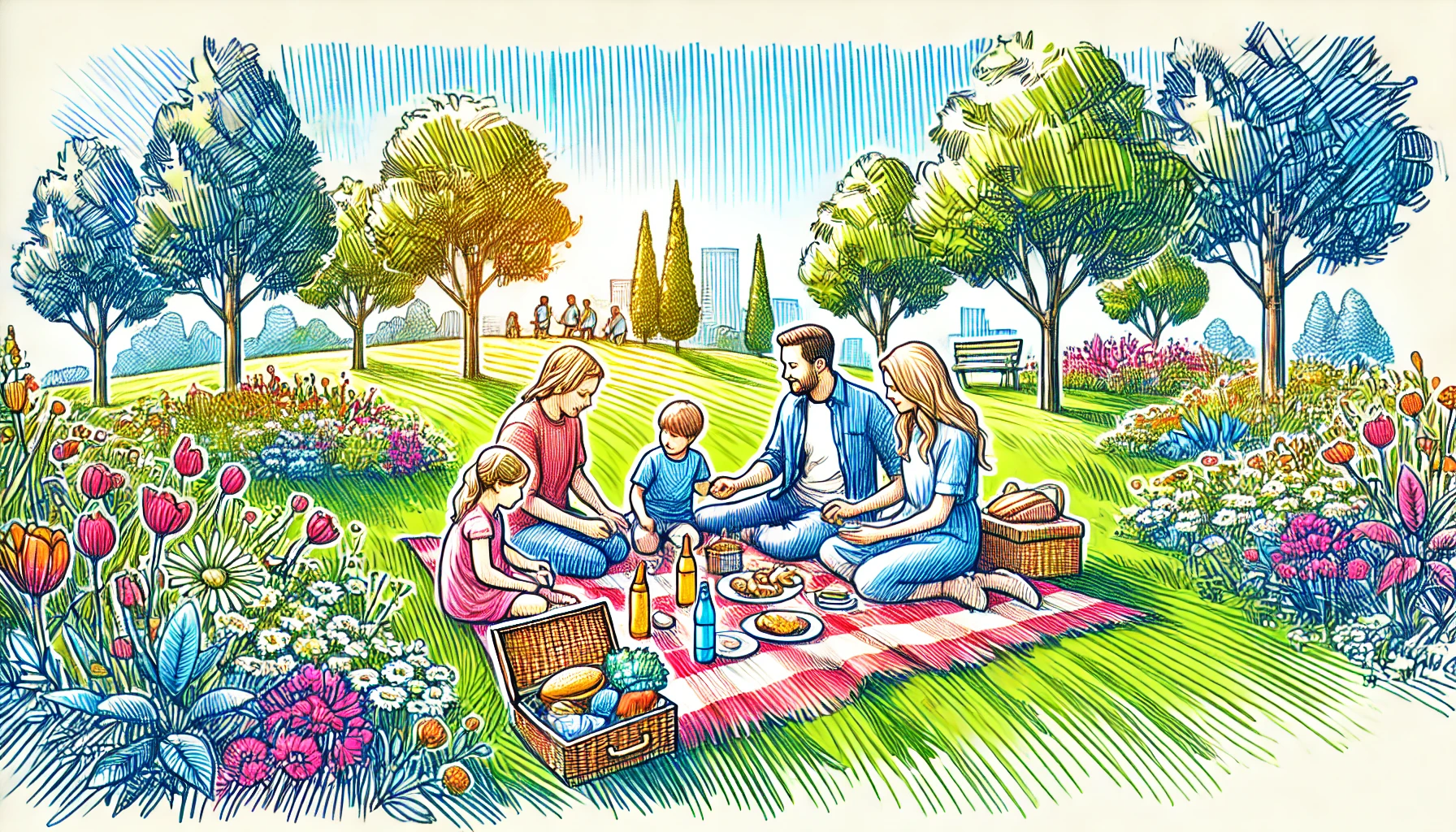Family traditions play an essential role in creating a sense of belonging, continuity, and shared identity among family members. These rituals, whether simple or elaborate, help reinforce family values, provide stability, and foster deep connections. By participating in family traditions, members can create lasting memories and strengthen their bonds, contributing to a cohesive and supportive family environment.
Understanding the role of traditions in strengthening family bonds is crucial for fostering a loving and harmonious family atmosphere. This blog explores ten key reasons why traditions are vital for family cohesion and offers practical tips for incorporating meaningful traditions into family life.
- Creating a Sense of Belonging
- Traditions provide family members with a sense of identity and belonging, reinforcing the idea that they are part of a unique group.
- Participating in family rituals fosters a feeling of inclusion and security, particularly for children.
- Traditions help to create a collective family history that members can share and cherish.
- This sense of belonging strengthens family bonds by promoting unity and togetherness.
- Regularly practicing traditions ensures that family members feel valued and connected to each other.
- Reinforcing Family Values
- Traditions are a powerful way to convey and reinforce family values and beliefs.
- By participating in rituals that emphasize kindness, generosity, and respect, family members internalize these values.
- Traditions can also reflect cultural, religious, or personal values that are important to the family.
- Teaching these values through tradition helps ensure they are passed down to future generations.
- Reinforcing family values through traditions creates a strong foundation for ethical and moral development.
- Providing Stability and Predictability
- Traditions offer a sense of stability and predictability in an ever-changing world.
- Regular rituals provide a consistent framework that family members can rely on, especially during times of stress or change.
- This stability helps to reduce anxiety and fosters a sense of safety and security.
- Knowing that certain activities or celebrations will always occur can be comforting for both children and adults.
- Stability through traditions strengthens family resilience and adaptability.
- Strengthening Emotional Bonds
- Shared traditions create opportunities for family members to spend quality time together, strengthening emotional bonds.
- These rituals foster communication, cooperation, and mutual support.
- Engaging in traditions helps family members express their love, appreciation, and commitment to one another.
- Emotional bonds are reinforced through the positive experiences and memories created by family traditions.
- Strong emotional bonds contribute to a more supportive and harmonious family dynamic.
- Creating Lasting Memories
- Traditions are a source of fond memories that family members can cherish for a lifetime.
- These shared experiences contribute to a collective family history that everyone can look back on with joy.
- Recalling past traditions can bring comfort and nostalgia, strengthening the family connection.
- Creating new traditions ensures that each generation has its own set of meaningful memories.
- Lasting memories created through traditions enhance family identity and unity.
- Fostering a Sense of Celebration
- Traditions often involve celebrations, which add joy and excitement to family life.
- Celebrating milestones, holidays, and achievements together fosters a sense of shared happiness and pride.
- These celebrations provide an opportunity to recognize and honor individual and collective accomplishments.
- Family celebrations enhance the festive spirit and create positive associations with family gatherings.
- Fostering a sense of celebration through traditions brings energy and positivity to the family environment.
- Encouraging Intergenerational Connections
- Traditions help bridge the gap between generations, fostering connections between younger and older family members.
- Participating in rituals together allows for the sharing of stories, wisdom, and experiences.
- Intergenerational traditions promote respect and understanding between different age groups.
- These connections help preserve family history and cultural heritage.
- Encouraging intergenerational connections through traditions strengthens the overall family network.
- Enhancing Communication
- Traditions provide a natural setting for family members to communicate and share their thoughts and feelings.
- Regular rituals encourage open dialogue and the exchange of ideas.
- Enhanced communication through traditions helps prevent misunderstandings and conflicts.
- These interactions foster empathy and understanding, promoting a more cohesive family unit.
- Effective communication strengthened through traditions contributes to healthier family relationships.
- Promoting a Sense of Responsibility and Participation
- Involving family members in planning and carrying out traditions fosters a sense of responsibility and ownership.
- Everyone’s participation is valued, reinforcing the idea that each member plays a crucial role in the family.
- Traditions that involve tasks or roles, such as cooking or organizing events, teach valuable life skills.
- Promoting responsibility and participation through traditions empowers family members and strengthens their bond.
- These experiences help individuals feel more connected and integral to the family unit.
- Adapting to Change and Growth
- Traditions can evolve to reflect the changing dynamics and needs of the family.
- Adapting traditions ensures they remain relevant and meaningful as the family grows and changes.
- This flexibility allows for the incorporation of new members, such as in-laws or grandchildren, into family rituals.
- Evolving traditions show that the family values its members’ input and respects their evolving interests and circumstances.
- Adapting traditions fosters a sense of continuity and belonging, even as the family changes over time.
Conclusion
Family traditions play a crucial role in strengthening family bonds by creating a sense of belonging, reinforcing values, providing stability, and fostering emotional connections. These rituals create lasting memories, encourage intergenerational connections, and enhance communication. By promoting responsibility, participation, and adaptability, traditions help families navigate change and maintain a cohesive, supportive environment.
Incorporating meaningful traditions into family life ensures that members feel valued, connected, and united. By understanding the importance of traditions and implementing these practical tips, families can create a loving and harmonious atmosphere that endures through generations.

